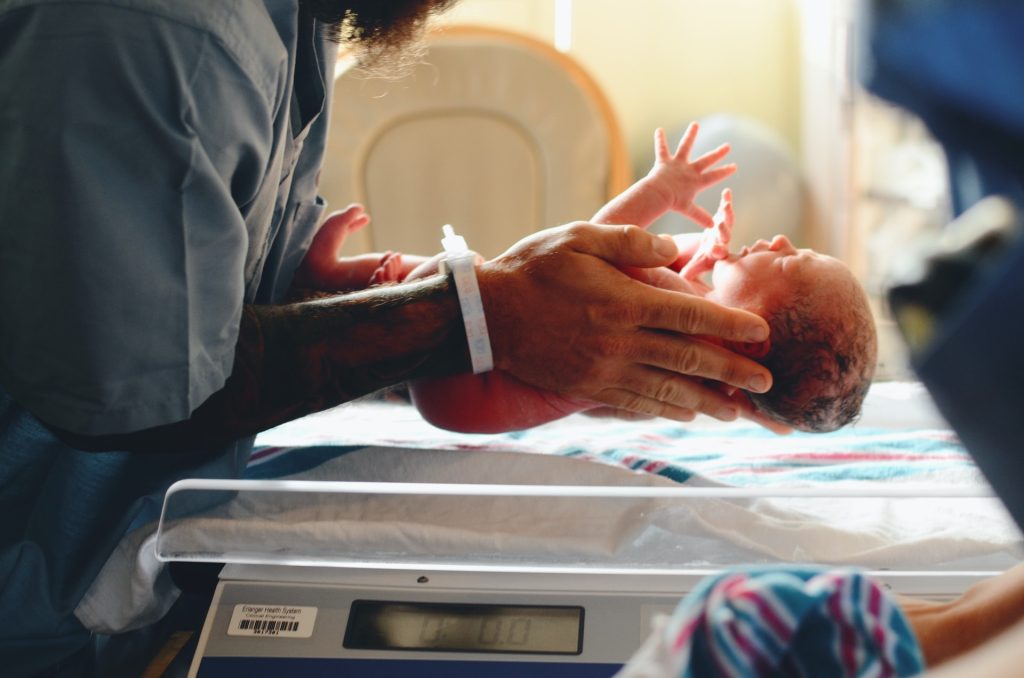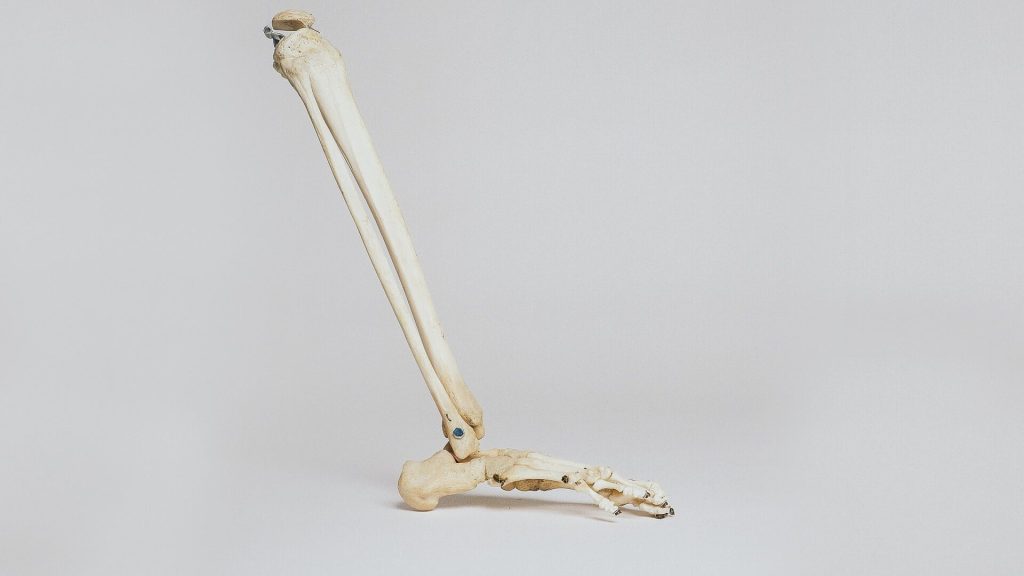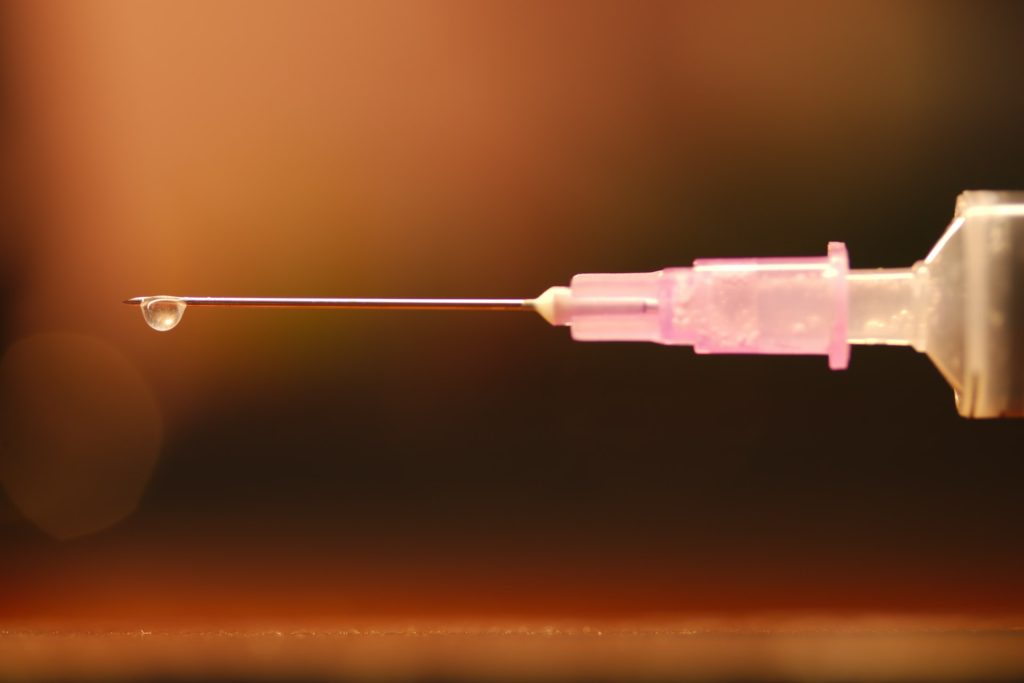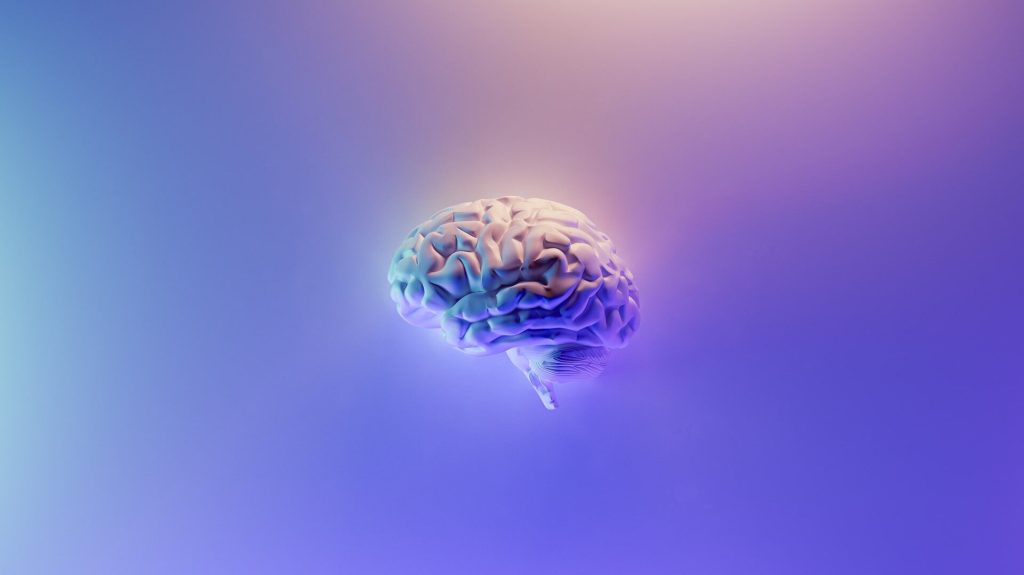Assisted Reproductive Technology Doubled Birth Rates in Middle-aged Women

A study found birth rates among middle-aged women in Northern European increased thanks to assisted reproductive technologies.
The study examined the total population of women aged 40–49 years between 2008–2018 in Denmark, Norway, and Sweden, birth rates increased in Denmark and Sweden, and births resulting from assisted reproductive technology doubled in all three countries. The findings were published in Acta Obstetricia et Gynecologica Scandinavica.
The study found that use of hormonal contraception increased among women aged 40–44 years in Denmark from 24% to 31%, in Sweden from 27% to 30%, and in Norway from 22% to 24%. Additionally, birth rates among women 40–44 years increased from 9.5 to 12 per 1000 women in Denmark and from 11.7 to 14.3 per 1,00 in Sweden, while they remained stable in Norway at approximately 11 per 1000 women.
In women aged 40–49 years, there was a doubling of assisted conceptions in Denmark from 0.71 to 1.71 per 1000 women; in Sweden from 0.43 to 0.81 per 1000; and in Norway from 0.25 to 0.53 per 1000. The study also found that Sweden had the highest induced abortion rate (7.7 to 8.1 per 1000 women) in women aged 40–49 years during the study period.
“This study confirms the trend of postponing childbirth observed for most of Europe and demonstrates the important role of assisted reproductive technology on birth rates in this age group,” said lead author Ingela Lindh, MD, of Sahlgrenska University Hospital. “The study provides valuable information to improve women’s knowledge about their fertility.”
Source: Wiley





